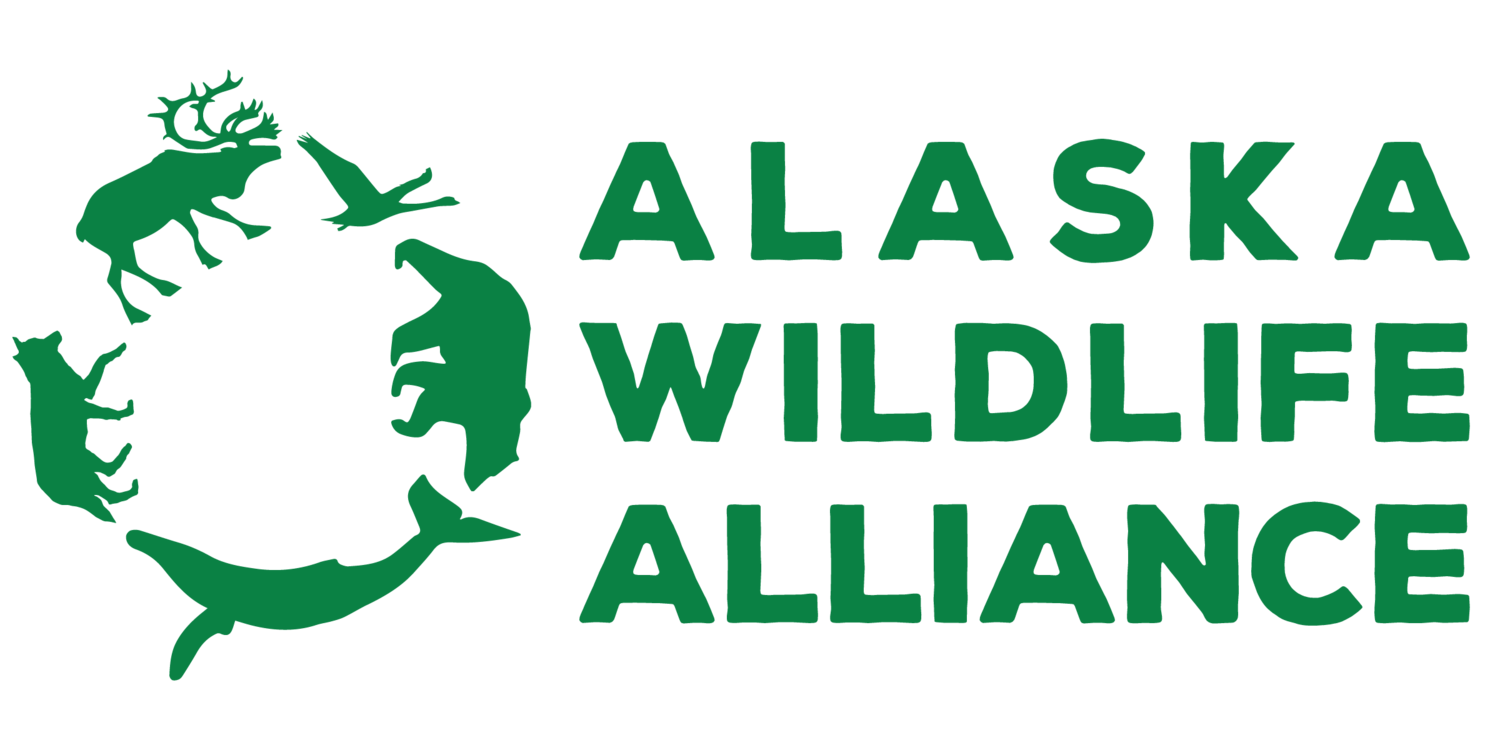Action Alert: Strengthen Protections for National Wildlife Refuges
10 minutes of your time can lead to decades of wildlife protections
The Fish and Wildlife Service recently published a proposed rule to strengthen safeguards for wildlife across the country's Refuge system, and these changes will help Alaskan wildlife. One key component of this policy update will include prohibiting predator control on National Wildlife Refuges across the country. This will help protect bears and wolves in Alaska that are aggressively targeted by State management, exemplified by the State's killing of nearly 100 bears from helicopters last spring. The rule also provides the language and tools Refuge managers need to build climate resiliency and adaptation for wildlife and habitats in the Refuge system. Alaska's Refuges, particularly our Arctic Wildlife Refuges, need this rule now more than ever.
Click here to submit your comment by MAY 6th!
1. Click the link above, then click on “Comment” button on the top left side of the page
2. Type or upload your comment, fill out the form and hit "submit comment". A template is below:
[Introduce yourself, where you live and your interest in wildlife and/or experiences you've had in National Wildlife Refuges]
I support the National Wildlife Refuge System; Biological Integrity, Diversity, and Environmental Health proposed rule, RIN 1018-BG78. I support strengthening the agency's ability to protect biodiversity in the face of climate change. This is particularly important in Alaska, the only Arctic state in the Union. I hope you will finalize this rule quickly, as Alaska's wildlife, lands and waters are facing dramatic change and we need to strengthen climate adaptation and resiliency now. I also support the proposed rule's ban on predator control practices, specifically because of my interest in preserving Alaska's Fish and Wildlife Refuges. The state of Alaska is quick to enact predator control, and our State agency's do not manage for biodiversity, but for sustained yield. This allows Alaska's hunting regulations to be promulgated exclusively by the interests of members of the Board of Game, a politically appointed board that has not hosted a single biologist in 3 years. Just last spring, the State opened a Predator Control program along the border of Togiak Wildlife Refuge without consultation from the public or agency scientists; in less than 3 weeks, the State shot 99 bears from helicopters just outside the Refuge. Wildlife - particularly Alaska's wildlife - benefit from the proposed rule, as it bolsters protections for all our cherished species in the face of climate change, including predators.



